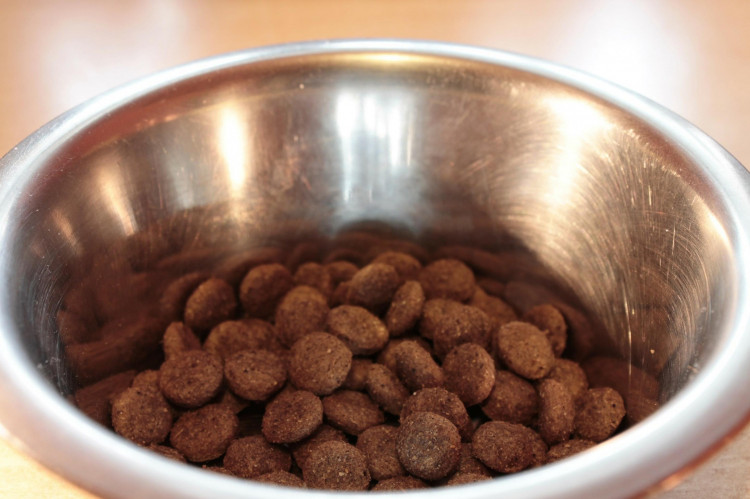In a concerning development for pet owners, health officials have reported multiple instances of salmonella poisoning, predominantly affecting infants, linked to contaminated pet food. The Food and Drug Administration (FDA) has announced an extensive recall involving Texas-based Mid America Pet Food. This recall now includes six cat food types and over 25 dry dog food products.
So far, the outbreak has led to seven reported illnesses and one hospitalization across seven states, including California, Oklahoma, Hawaii, Florida, Alabama, Kentucky, and Minnesota. The Centers for Disease Control and Prevention (CDC) emphasized that the majority of affected individuals are infants, who became ill after exposure to the recalled dog food or related items like dog bowls or pet waste. Notably, six of the seven cases involved children under the age of one.
This situation has been traced back to the Mid America's Victor pet food, as confirmed by the South Carolina Department of Health and Environmental Control. They discovered the same strain of salmonella in a sample of the brand's dog food that was found in all seven patients.
The FDA has issued guidelines for pet owners who have purchased the potentially contaminated products. These guidelines include safely disposing of the food, thoroughly cleaning and disinfecting all pet-related items and surfaces in the home, and ensuring proper hand hygiene before and after handling pet food or cleaning up after pets.
The recalled products, identified by Best By dates before 10/31/24, include Victor Super Premium Dog Foods, Wayne Feeds Dog Food, Eagle Mountain Pet Food, and some Member's Mark varieties. The contamination was traced to Mid America's Mount Pleasant facility, raising questions about the manufacturing and safety standards in place.
Salmonella poses serious health risks, particularly to young children, the elderly, and those with weakened immune systems. Symptoms in humans can include diarrhea, fever, and abdominal cramps, while infected pets may exhibit symptoms like vomiting, diarrhea, fever, loss of appetite, and decreased activity level. The CDC and FDA advise pet owners to consult their veterinarians if they suspect their pets have consumed the recalled products.
The expansion of this recall underscores the critical need for vigilance in pet food manufacturing and the importance of prompt response to potential health hazards. Pet owners are encouraged to stay informed about product recalls and take necessary precautions to protect both their pets and families from potential risks.




